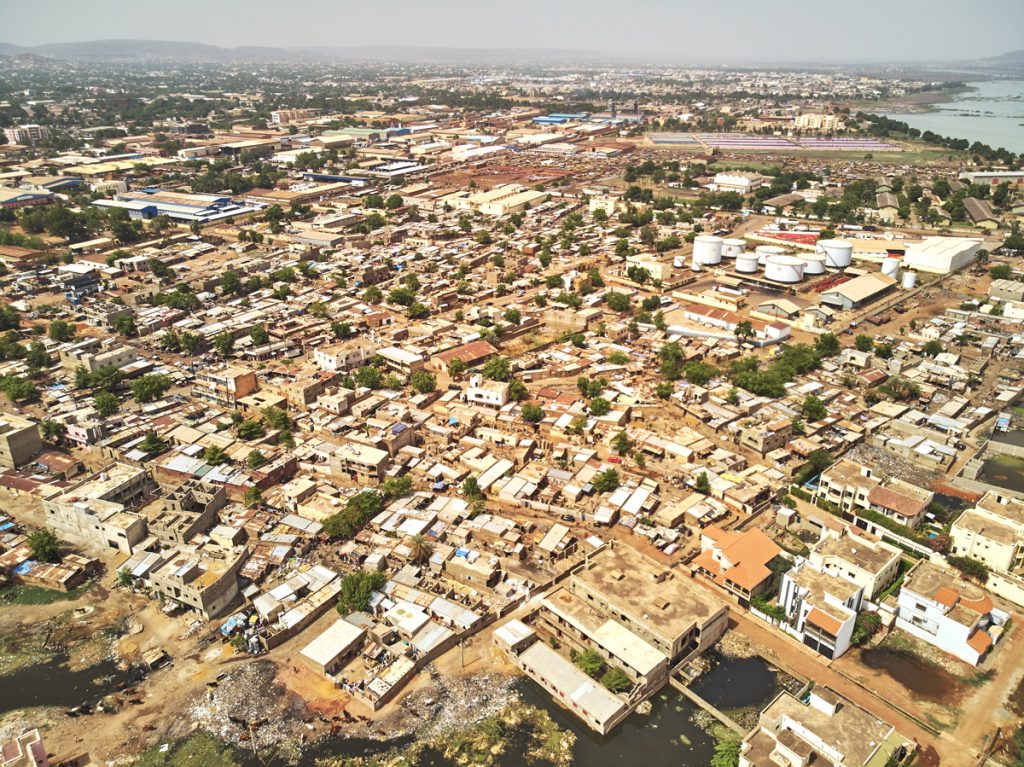
Marie Miran | "In Ivory Coast, spirituality becomes even more important during wartime"
You began your research as a historian, focusing particularly on Islam in Ivory Coast; why did you then shift your attention towards a more general study of the anthropology of religion in this country?
Research in Africa is particularly conducive to a multi-disciplinary or interdisciplinary approach. My very first research projects, which looked at religious culture and Muslim society in the megalopolis of Ivory Coast, were immediately influenced by historical and anthropological methods and sources. I was studying the formation of a religious community since the arrival of the first Muslim migrants in Abidjan at the dawn of the 20th century, using archives – colonial, missionary and other – and the recollections of Muslims themselves. I was also studying the diachronic evolution and the contemporary dynamics of this community (nonetheless multifaceted), through field surveys that included interviews and participant observation. An important part of my work consists in trying to understand the present, and to do so, it seems necessary to understand, among other things, the past of this present: the dynamics of fracture and continuity that shape and reshape the present, the immediate history.
So I gradually turned towards the anthropology of religion in Ivory Coast. Today, as before, Ivory Coast is a multi-religious, multi-ethnic, cosmopolitan country. Communities did not develop in isolation, but have always been in contact with one another, especially in the southern region of Ivory Coast, a melting pot of economic development and migration. An aim of my thesis was therefore to study the influences, both conscious and unconscious, between Islam and Christianity. Today, the main Ivorian Islamic federation, the Higher Council of Imams, is, in a way, indirectly inspired by the Ivorian Episcopal Conference – unique in West Africa. But the rise of political and military violence, which led to religious violence in the period after 2002 and especially in 2010-2011, made me understand that a religious reading of these complex crises could not seek answers within a single faith community, and should be open to a global comparative approach. This is not easy to do, but it has been truly enlightening.
Your latest research focuses on political-military and spiritual violence in Ivory Coast. Why did you choose this region for your work? Do you have a particular connection to this country?
I have been conducting research in Ivory Coast since 1996, for over twenty years. After my thesis, I also conducted research in southern Ghana, Togo and Benin. But I have particularly strong ties to Ivory Coast, which cannot be explained by purely professional or rational arguments. My personal trajectory is closely intertwined with that of all the people I met in Ivory Coast, and anchored in the experiences that this country has offered me. Friendships, intense exchanges, infatuations and certain difficulties have helped transform me over time, hence my deep connection.
In what way is spirituality an important element in Ivory Coast’s conflicts?
There is no short answer to this vast question. Even in times of peace, spirituality is a central and essential element in the individual and collective life of the great majority of Ivorians, even if it is not always visible or at least detected by external observers, who are moulded by a Cartesian rationality.
This spirituality becomes even more important during wartime, since as most Ivorians understand it, nothing of what is visible, physical or material is dissociated from the invisible, spiritual and psychic – the immaterial. In order to win political or military battles, you therefore also need to take action to win the spiritual battle.
